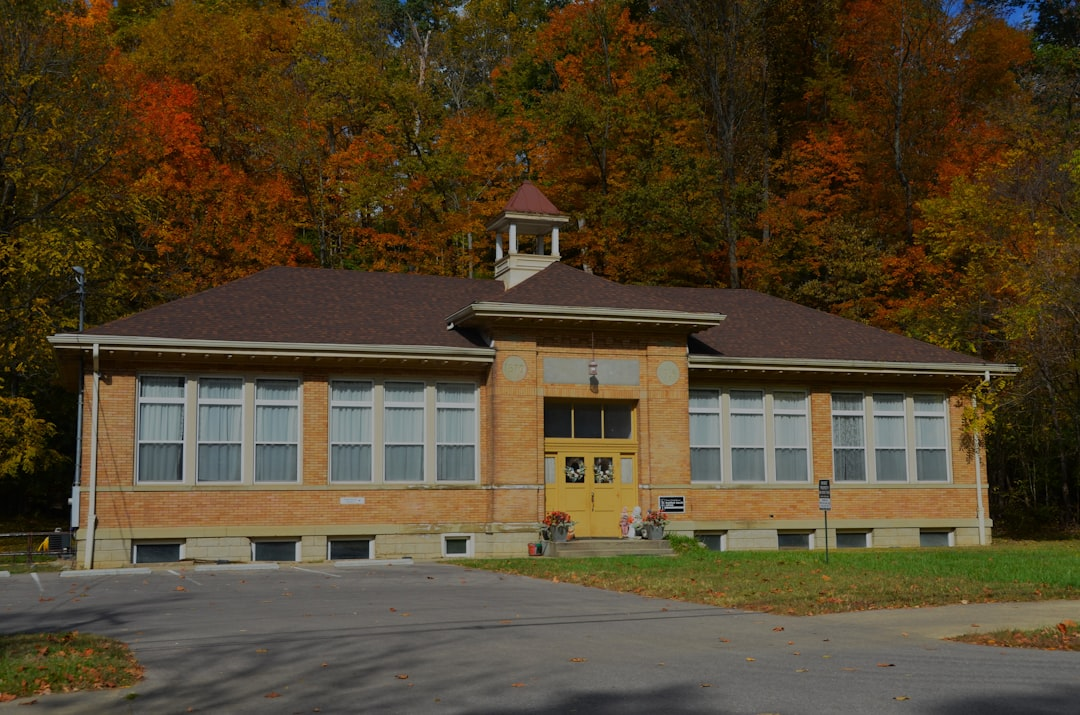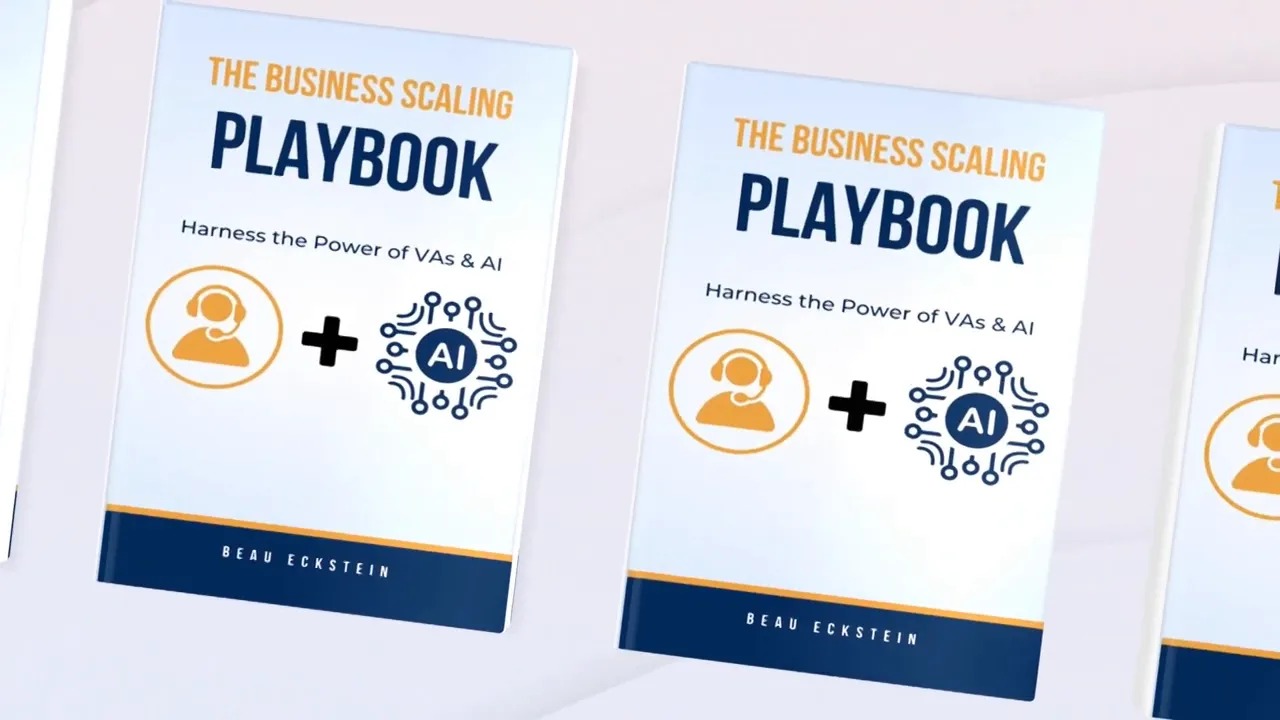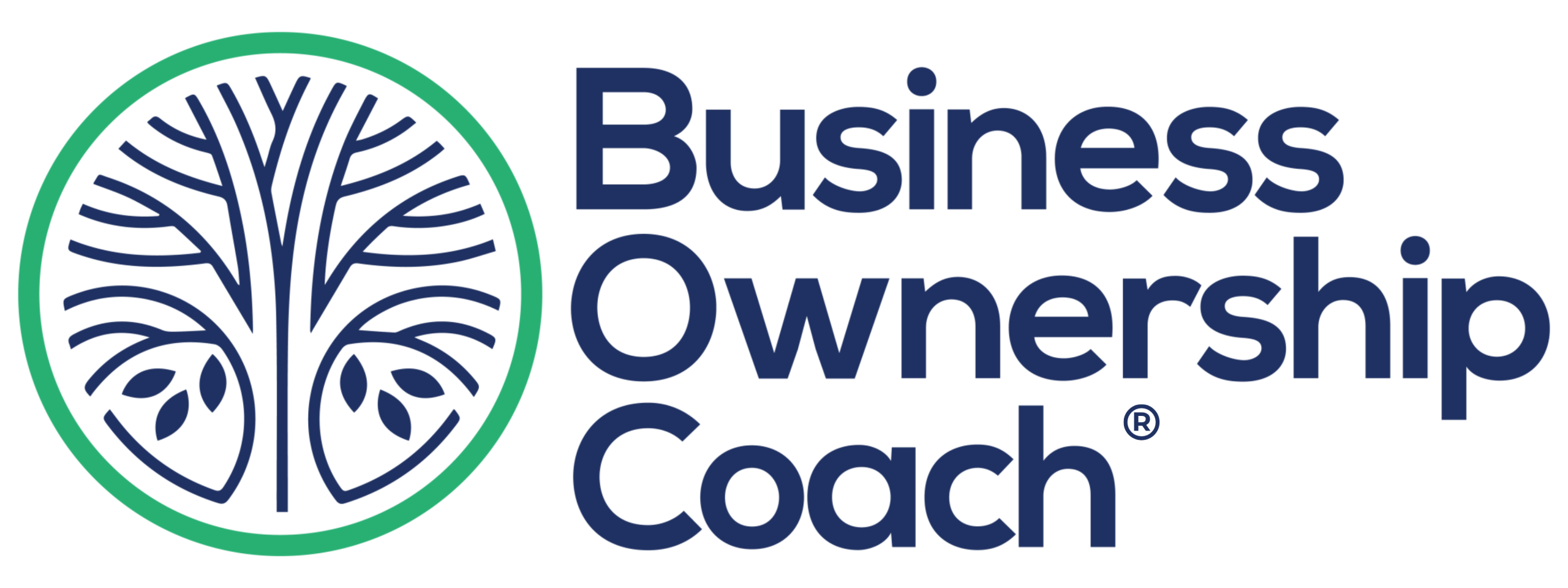Hi, I’m Beau Eckstein. As a Business Ownership Coach | Investor Financing Podcast host and franchise consultant, I get asked all the time: what are the best niches within senior care franchises and which ones offer the greatest growth potential for entrepreneurs? In this article I’ll walk you through the landscape of senior care franchising, explain the models I like best, break down costs and recurring revenue opportunities, and share practical guidance for entrepreneurs considering this sector.
Why senior care franchising is an attractive sector
The senior care industry is enormous and continues to grow as populations age. While home care franchises dominate the conversation—and rightfully so because it’s a multibillion-dollar market—there are several specialized niches that are less crowded and often more profitable for an owner-operator who wants a stable, recurring revenue stream.
As the Business Ownership Coach | Investor Financing Podcast, I’ve helped clients evaluate franchise models across healthcare-adjacent industries, and I’ve seen the most opportunity in models that move beyond the typical staffing-centric home care approach.

Photo by Amina Atar on Unsplash
Senior day facility model: recurring revenue and community
One of my favorite niches is the senior day facility model. These centers typically occupy roughly 2,500 square feet and operate on a membership basis. Members can be dropped off for daytime supervised activities, socialization, and basic care—which creates strong, predictable recurring revenue rather than the on-demand staffing model many home care businesses rely on.
From a capital perspective, expect total project costs to be in the ballpark of $300,000 to cover build-out, initial rent, working capital, and the franchise fee. That number will vary by market, but what I like about this model is the predictability: you enroll members, build relationships with families, and your revenue is driven by retention as much as new acquisition.
These centers are particularly valuable for families who want structured daytime support for parents with early dementia or social needs but aren’t ready—or able—to move them into a full-time residential facility. They help bridge the gap between independent living and assisted living while keeping seniors engaged and safe.
Photo by Roger Starnes Sr on Unsplash
Maintenance and accessibility franchises: serving the age-in-place market
Another set of niches I recommend are maintenance companies that specialize in the senior demographic and “age-in-place” services—think handrails, wheelchair ramps, accessible bathroom remodels, threshold modifications, and other accessibility solutions.
These businesses target the rapidly growing market of seniors who wish to remain in their homes as they age. The average project is smaller than a full-build senior facility, requires less overhead, and is less labor-intensive to operate than a large home health staffing model. There’s strong referral potential from occupational therapists, home health agencies, and even local hospitals.
What makes age-in-place services attractive is the combination of modest up-front investment, repeatable projects, and low churn. Once you establish trusted relationships with referral partners and community organizations, work flows reliably—especially as more baby boomers prefer to stay in their homes longer.
Why I’m cautious about standard home care franchises

Home care is a powerful business—don’t get me wrong. It’s massive and can be very rewarding. But most home care franchises are fundamentally staffing businesses. If you’re looking to scale quickly, staffing introduces complexity: recruitment, retention, compliance, variable payroll costs, and scheduling headaches.
For many entrepreneurs, especially those new to senior care, I encourage exploring specialized niches—like senior day centers or age-in-place services—that have clearer margins, less operational complexity, and differentiated value propositions that aren’t purely about labor supply.
Who these niche models are best for
These niches tend to suit a particular type of entrepreneur. If you’re community-oriented, enjoy relationship-building, and want recurring revenue without the unpredictability of on-call staffing, senior day facilities are a great fit. If you have experience in construction, contracting, or field operations, an age-in-place or maintenance franchise might be ideal.
Either way, the right owner is someone who understands the sensitivity of working with seniors and their families, is comfortable with compliance and basic healthcare protocols (or willing to learn), and prefers a model with tangible assets, location-based revenue, or defined service offerings.
As the Business Ownership Coach | Investor Financing Podcast, I often advise clients to match the franchise model to both their skill set and lifestyle goals—some want hands-on daily operations, while others want to build a semi-absentee, scalable business.
Photo by Roger Starnes Sr on Unsplash
Costs, margins, and what to expect financially
Investments vary by niche. Senior day centers typically land around the $300,000 total project cost I mentioned earlier. Age-in-place businesses have lower entry costs—generally equipment and working capital rather than significant real estate.
Margins depend on how you price services and control costs. Senior day centers can achieve strong margins with steady membership levels and efficient staffing ratios. Age-in-place projects are often project-based with good margins per job and lower overhead.
Financing is available for many of these opportunities. As someone who advises on commercial lending and franchising, I recommend building realistic 12–24 month financial models that include ramp-up time for client acquisition, marketing expenses, and contingencies for seasonality or project delays.
How to evaluate franchise opportunities in senior care
When vetting senior care franchises, do the following:
- Request the Franchise Disclosure Document (FDD) and review item 19 performance data if available.
- Visit existing locations and speak with current franchisees about profitability and operational challenges.
- Assess training, ongoing support, and marketing programs the franchisor provides.
- Validate referral channels and local market demand—talk to senior living communities, hospitals, and community centers.
- Plan for regulatory compliance and insurance needs specific to elder care services.
If you’re unsure where to start, book a discovery call with an experienced consultant who understands both franchising and financing. I help entrepreneurs evaluate fit, funding options, and path-to-profitability strategies.
Getting started: practical next steps

If you’re ready to pursue a senior care franchise, here’s a practical roadmap:
- Clarify your goals: Do you want hands-on operations or an investment-oriented role?
- Shortlist niches (senior day centers, age-in-place, or specialized maintenance) and 3–5 franchisors per niche.
- Review FDDs and financial models; visit franchise locations in-market when possible.
- Secure financing options—SBA, commercial lenders, or private investors—and build conservative projections.
- Plan a marketing and referral strategy focused on families, healthcare providers, and community organizations.
As a Business Ownership Coach | Investor Financing Podcast host, I also encourage new owners to leverage virtual assistants and simple AI workflows to keep costs down while driving qualified leads—tools I detail in my ebook and coaching programs.
Conclusion: pick the right niche for your goals

Senior care franchising offers several strong avenues for entrepreneurs. While home care is a large and important market, consider differentiated niches like senior day centers and age-in-place services if you want less staffing complexity, recurring revenue, and meaningful community impact.
If you want help evaluating opportunities or building a funding plan, I’m available for consultations. Visit my booking page or join our community for deeper guidance and resources.
Thank you for reading. If you found this useful, consider subscribing to my content where I cover franchising, financing, and business scaling as the Business Ownership Coach | Investor Financing Podcast.


